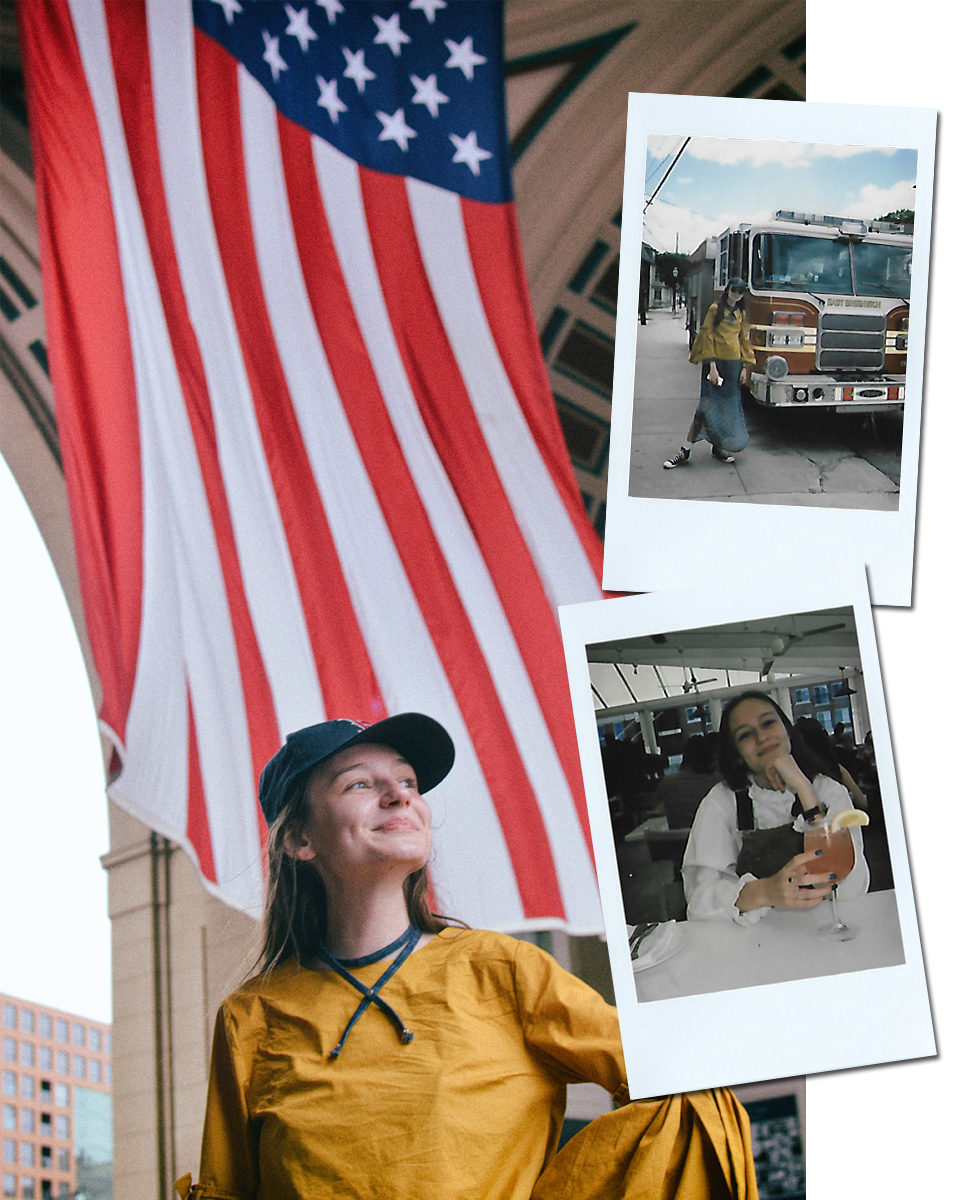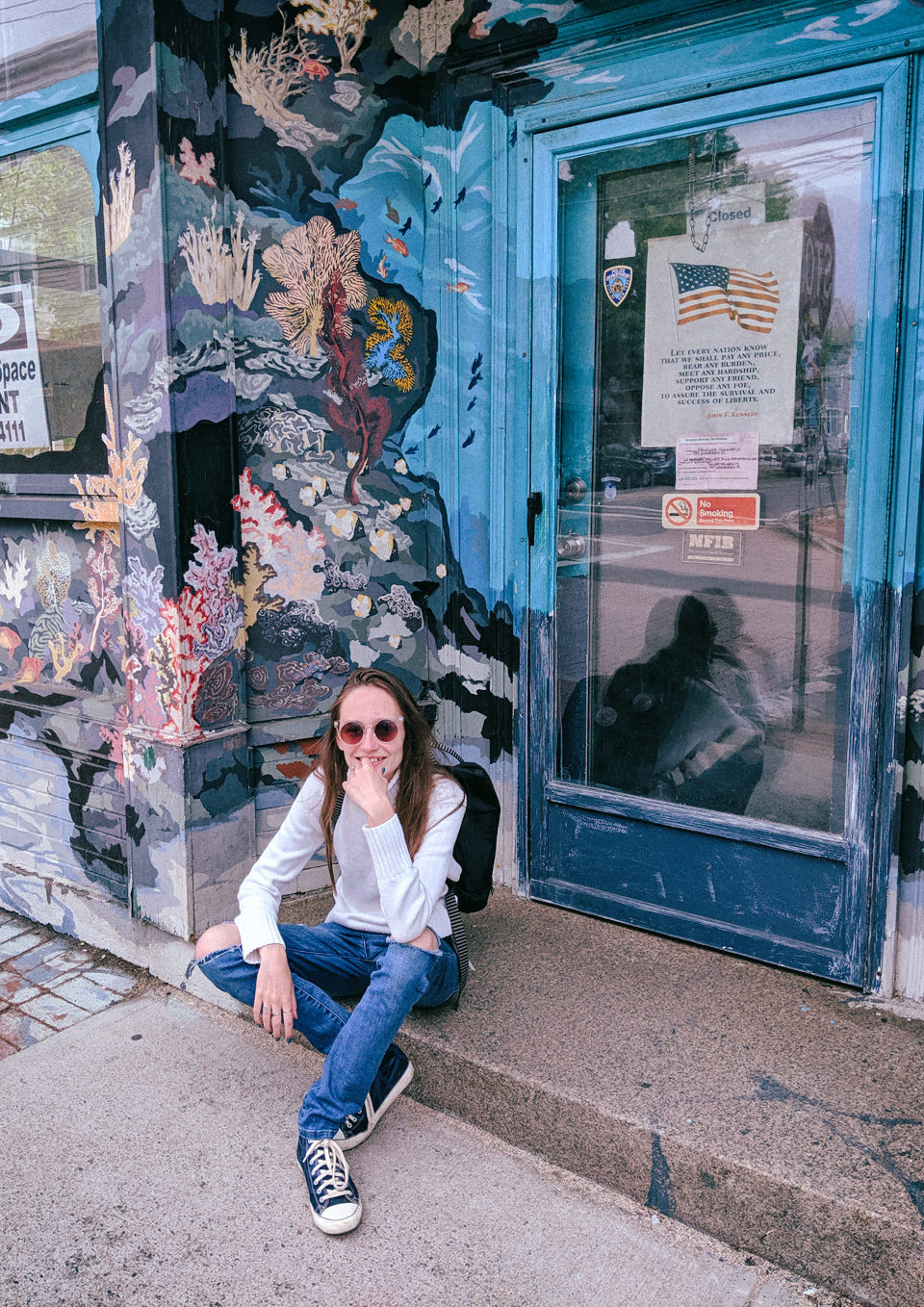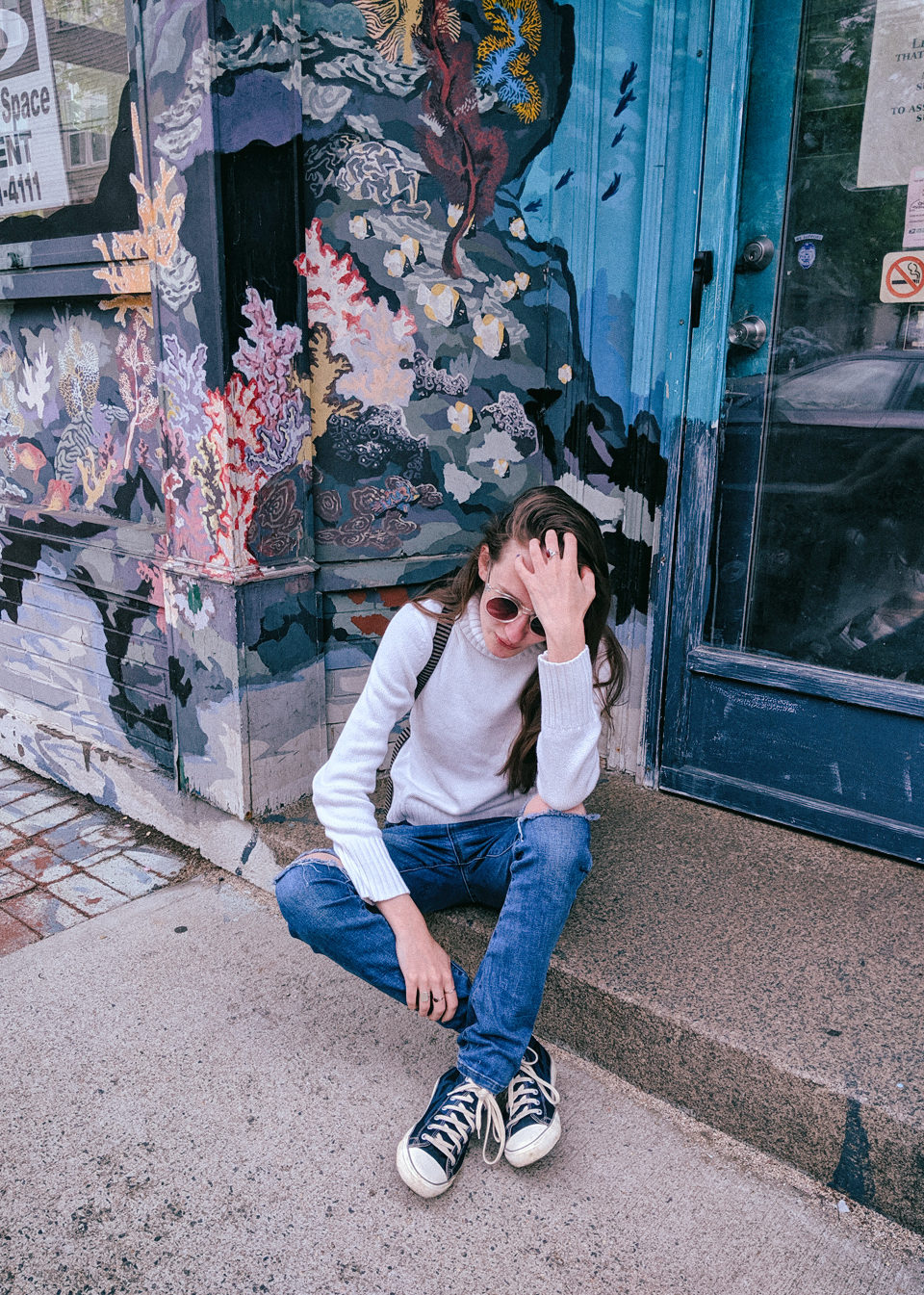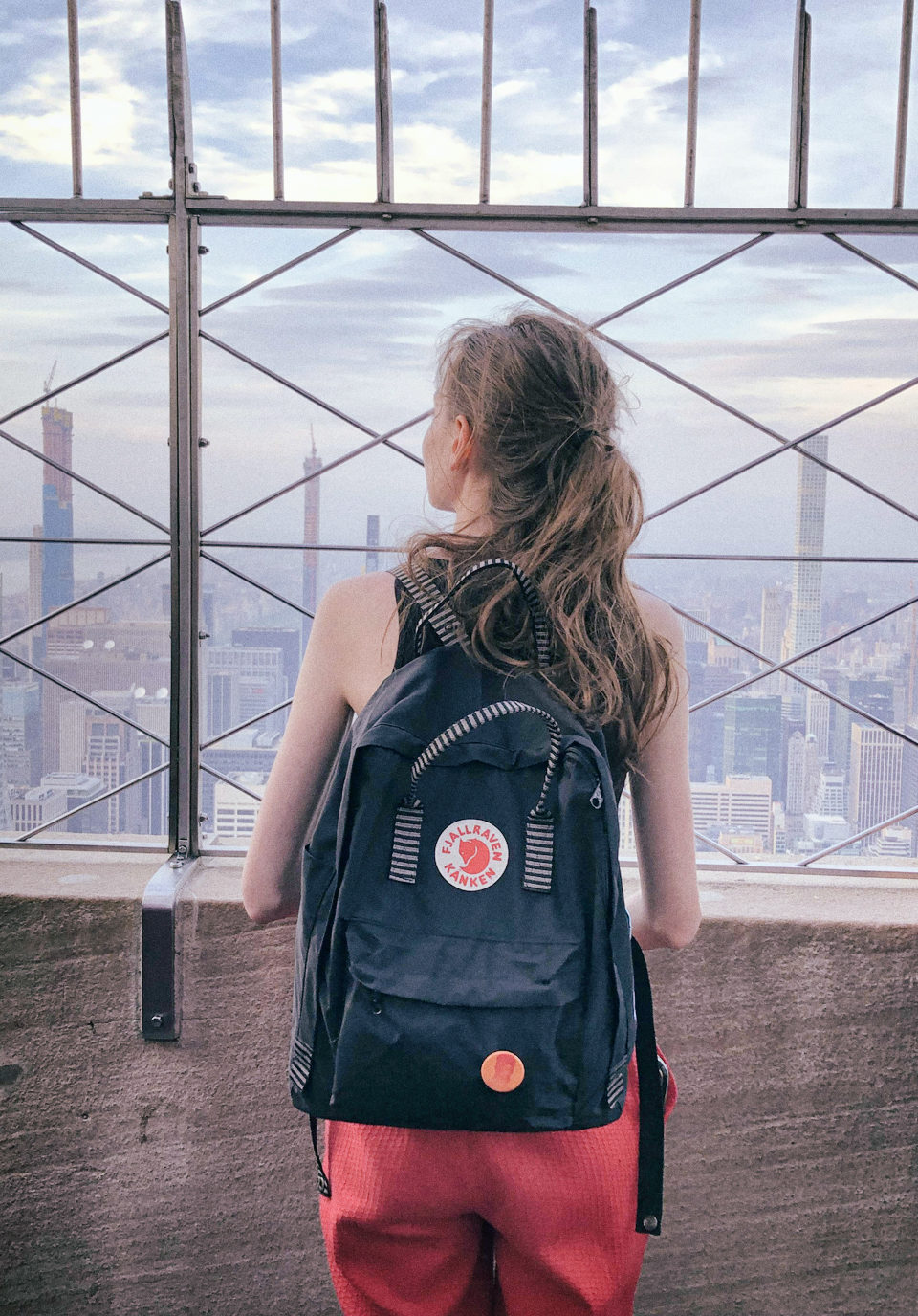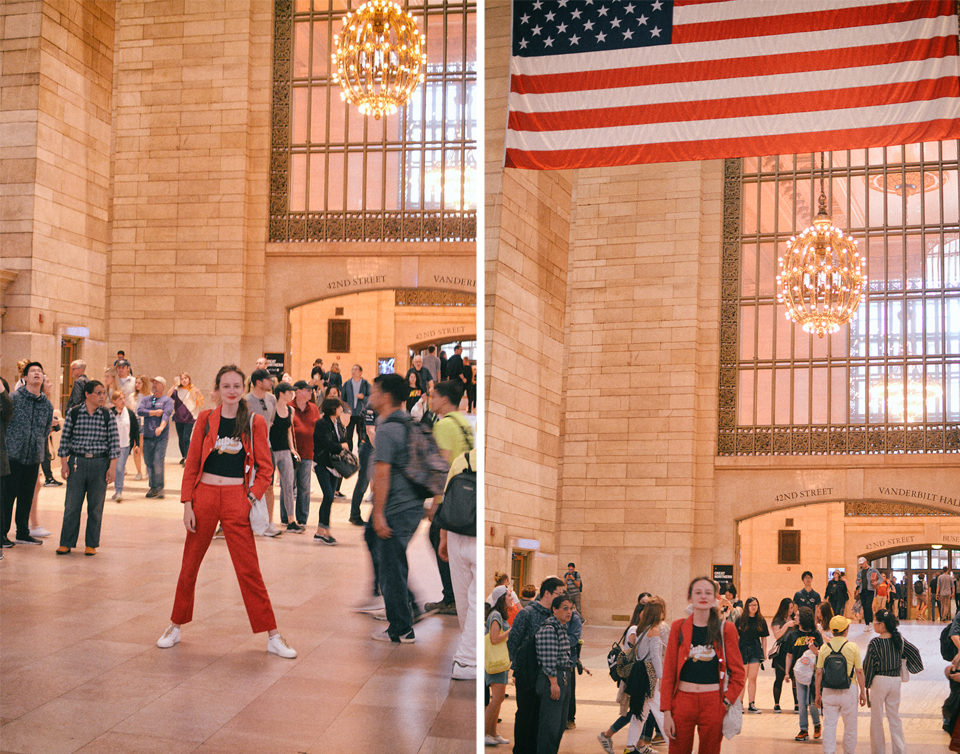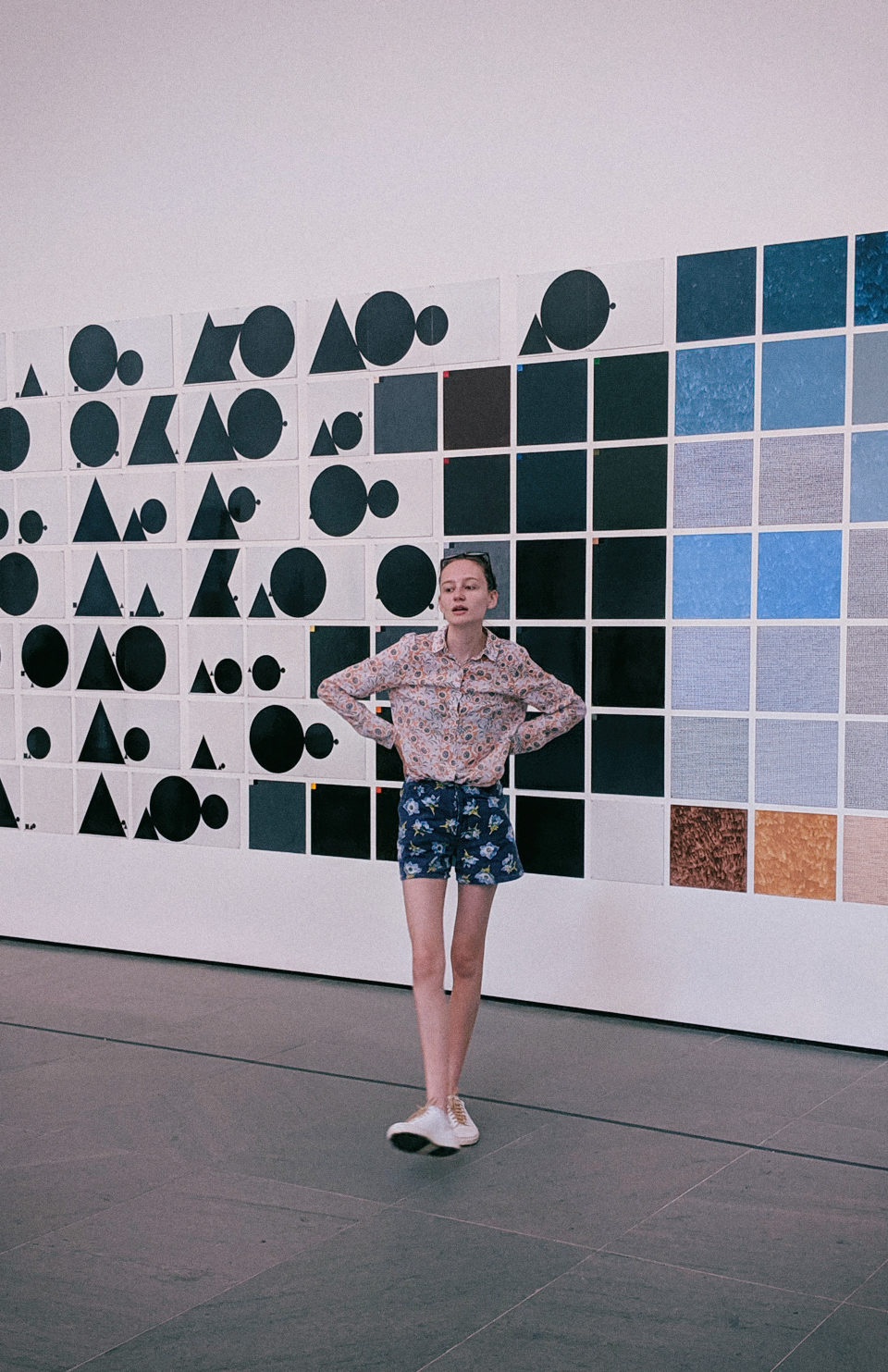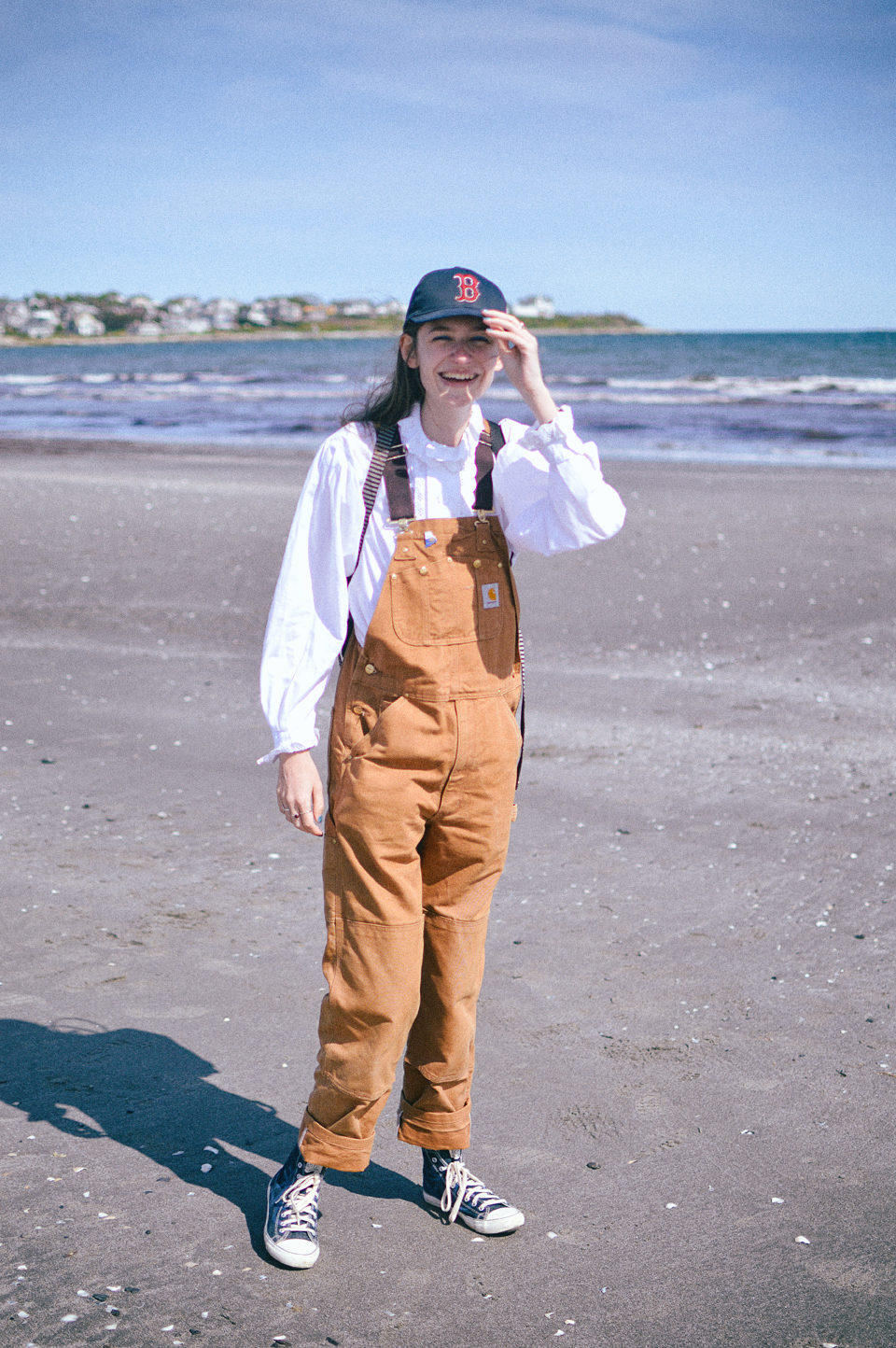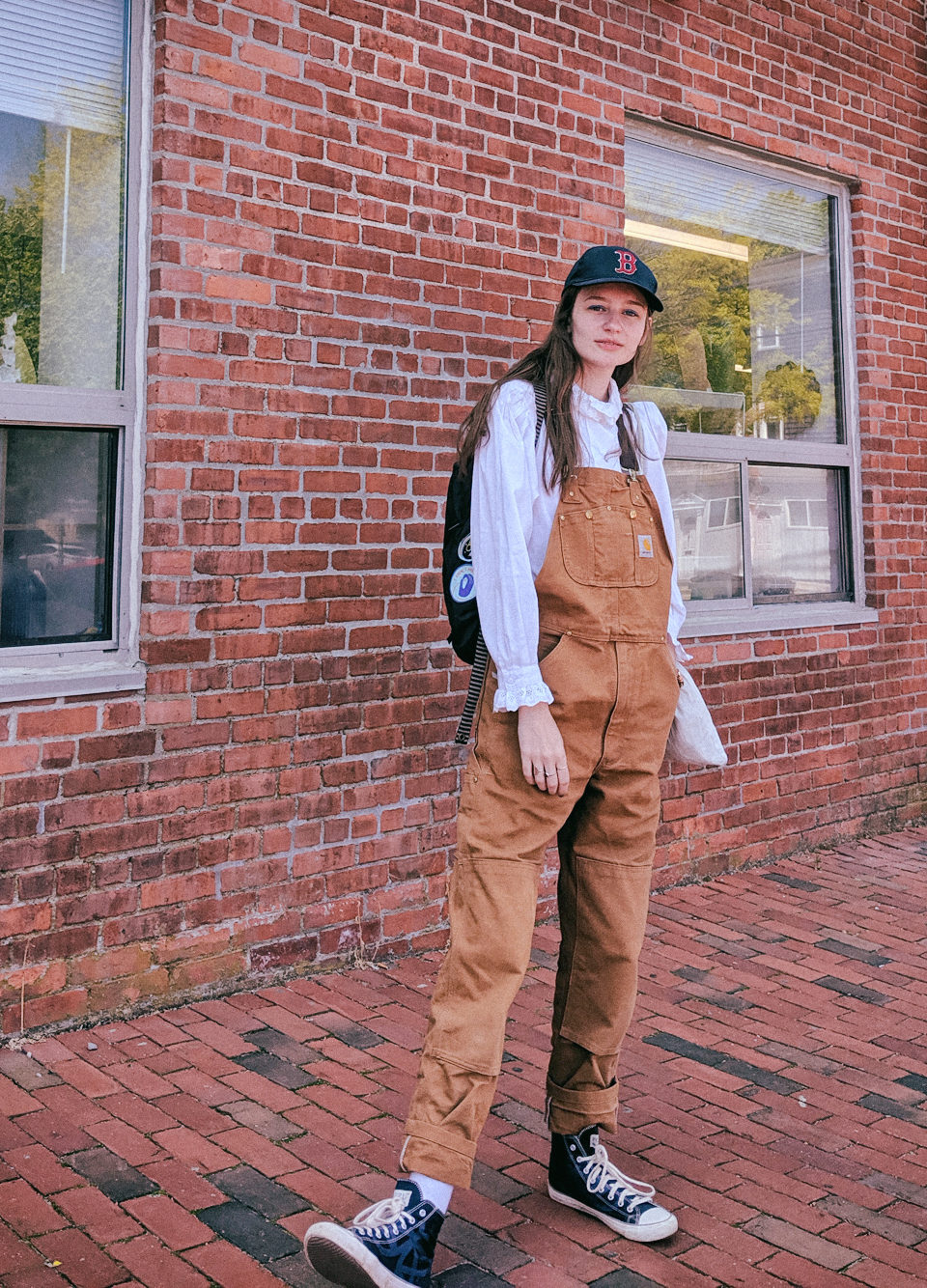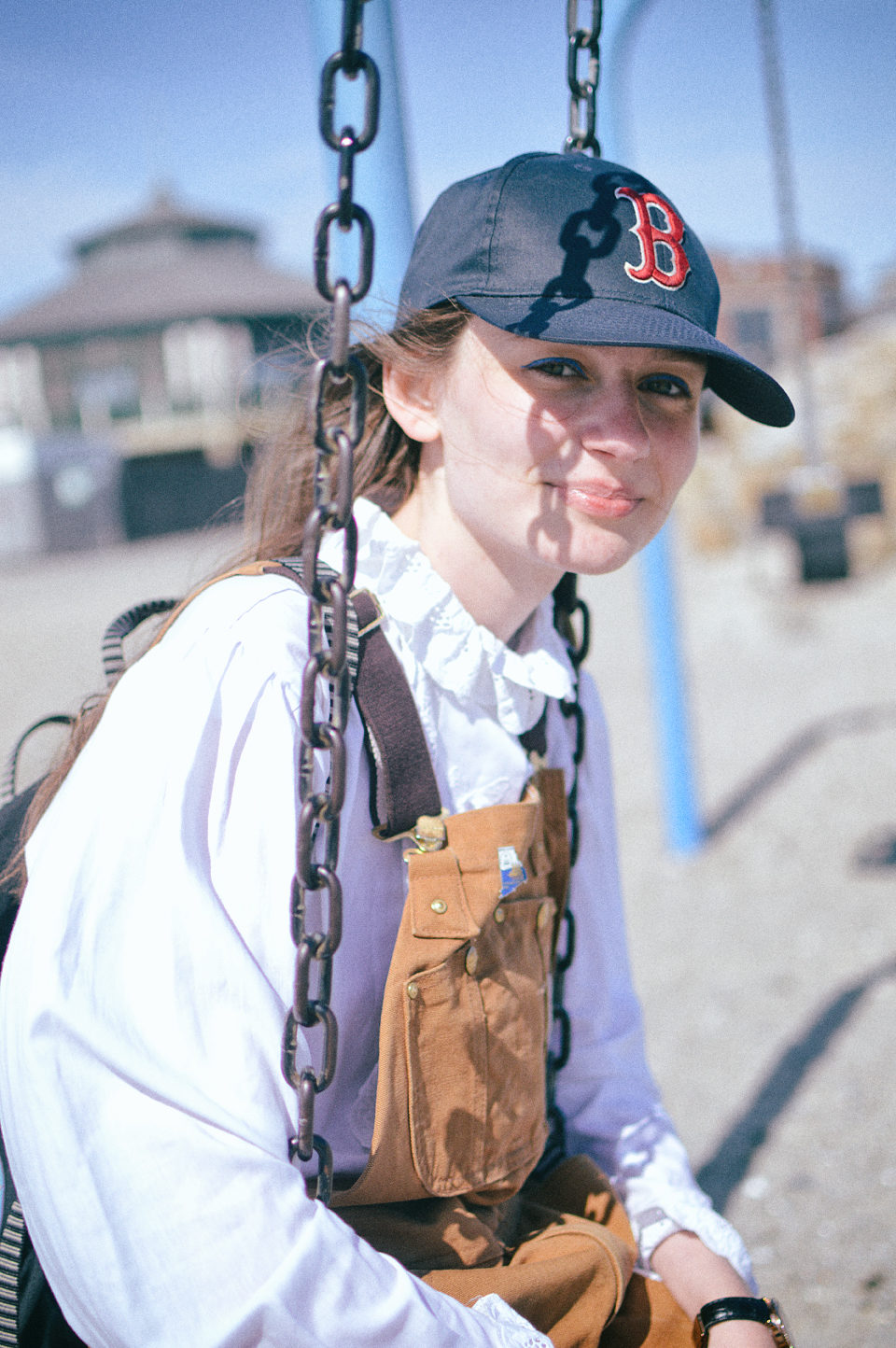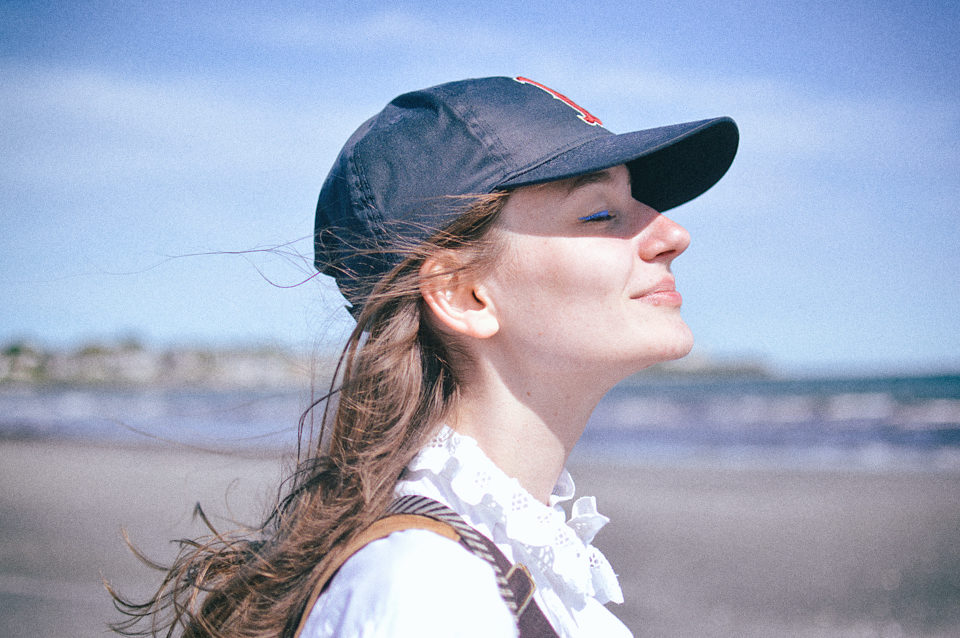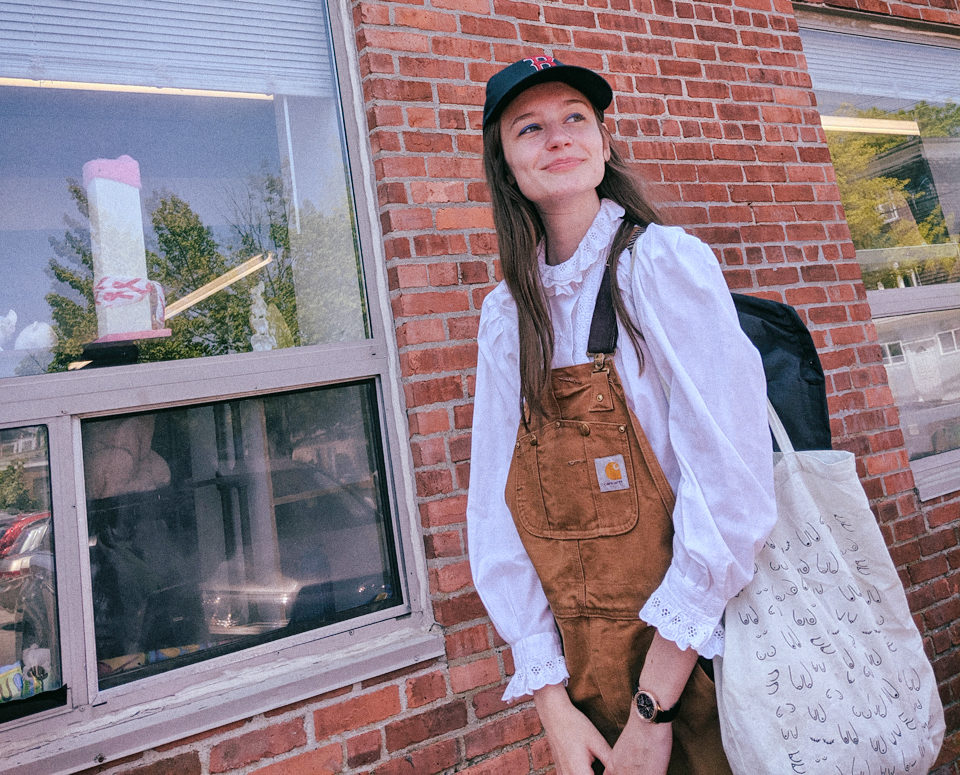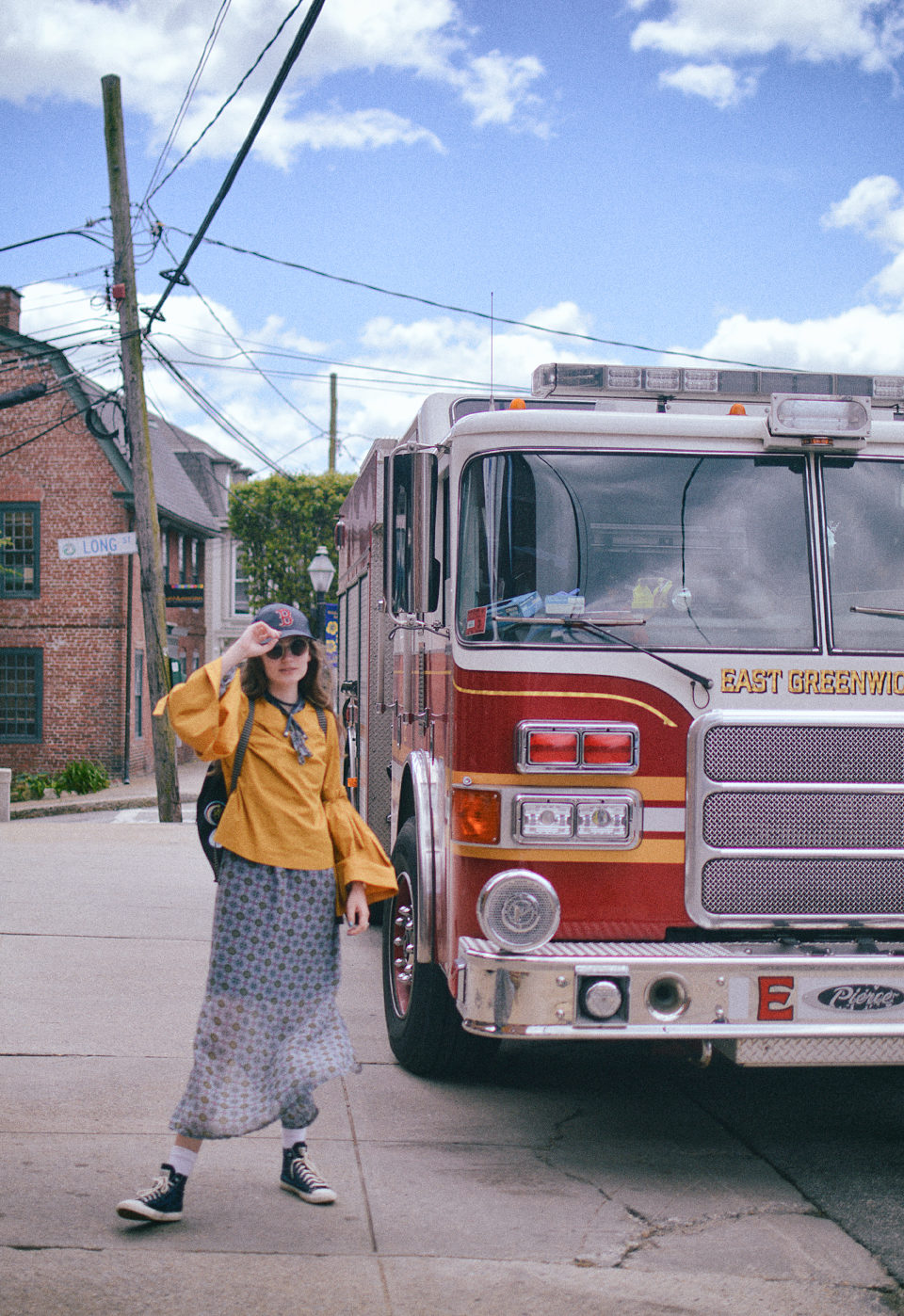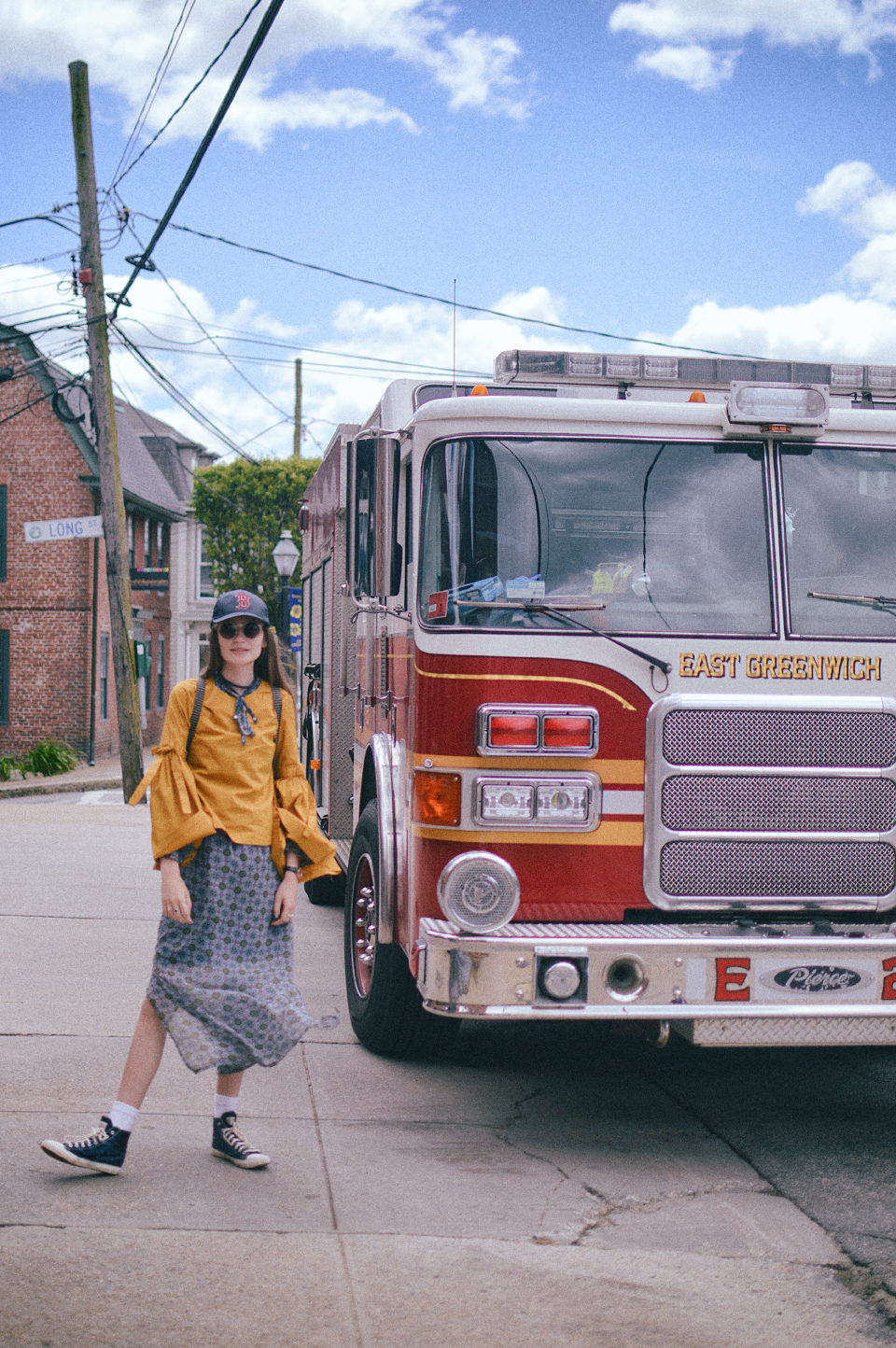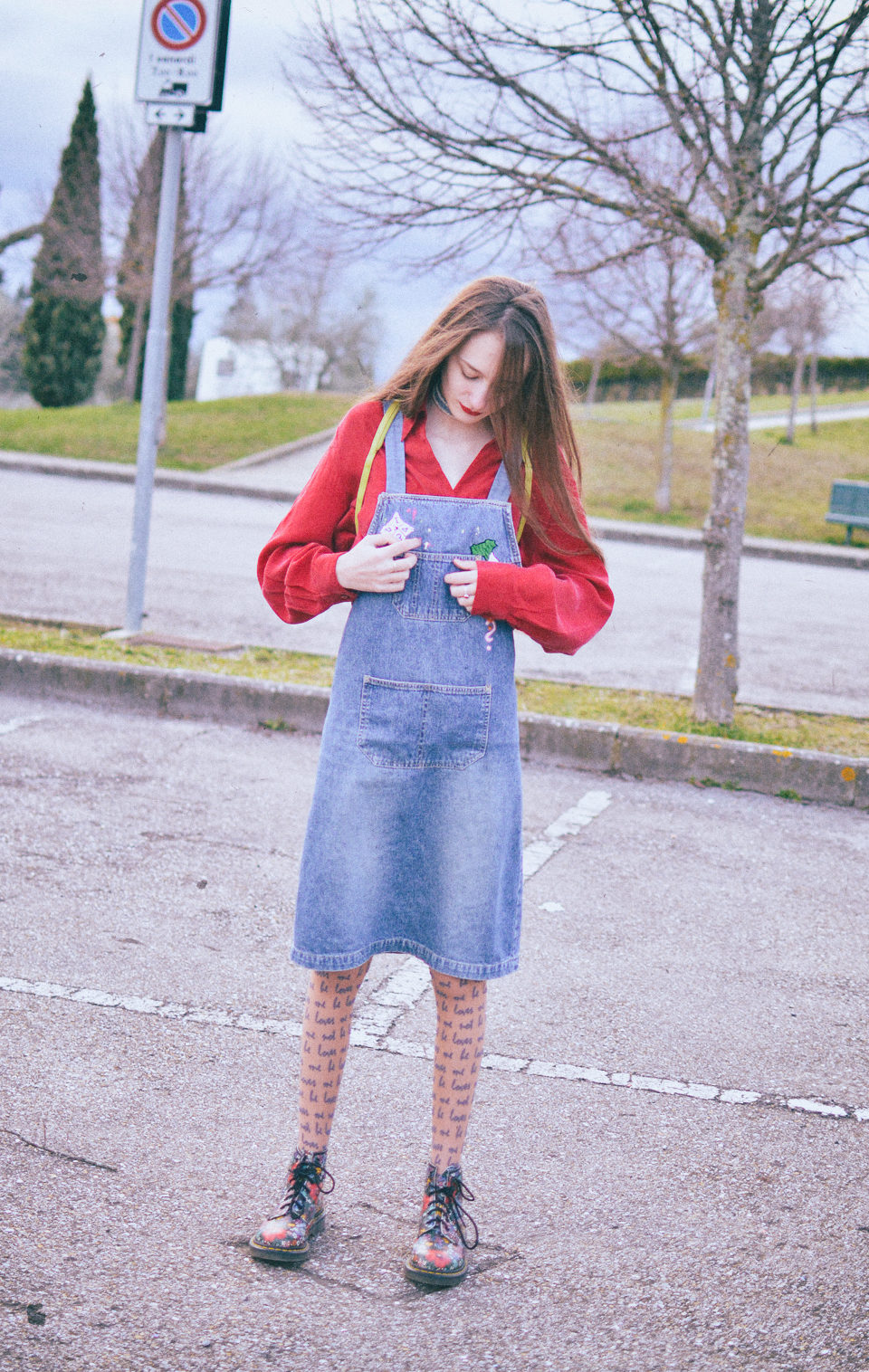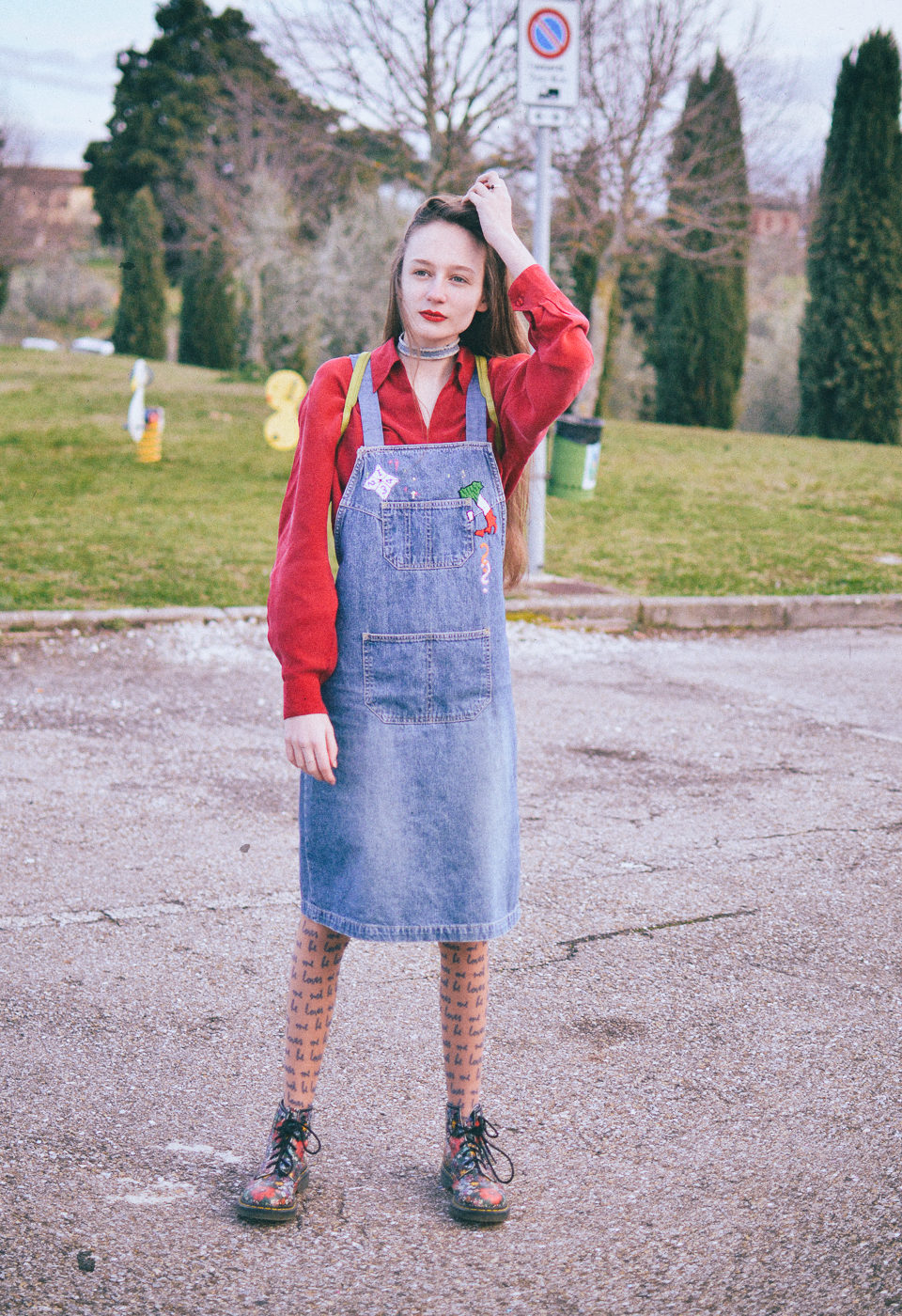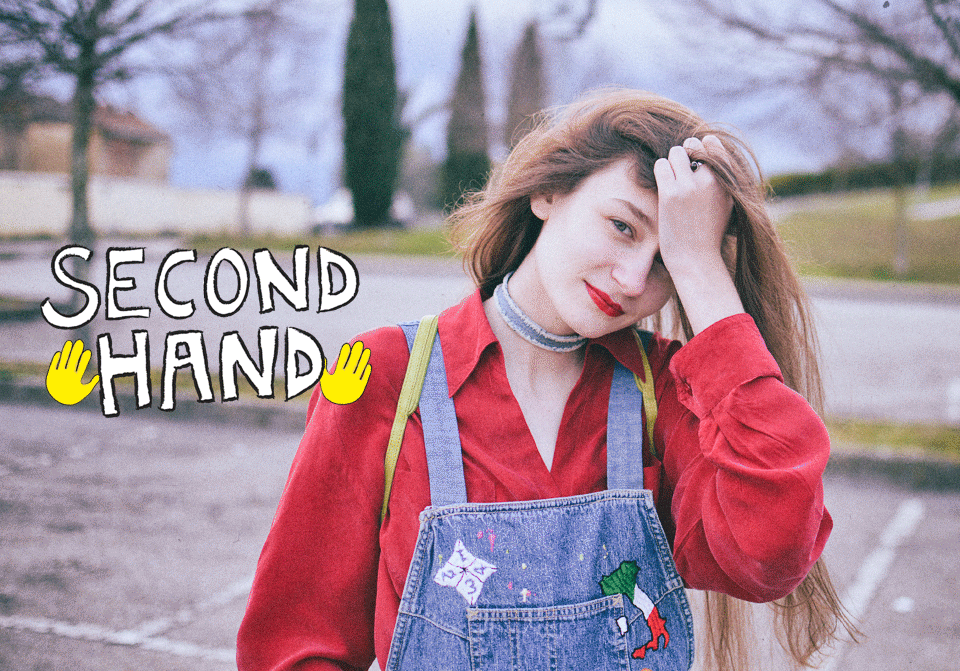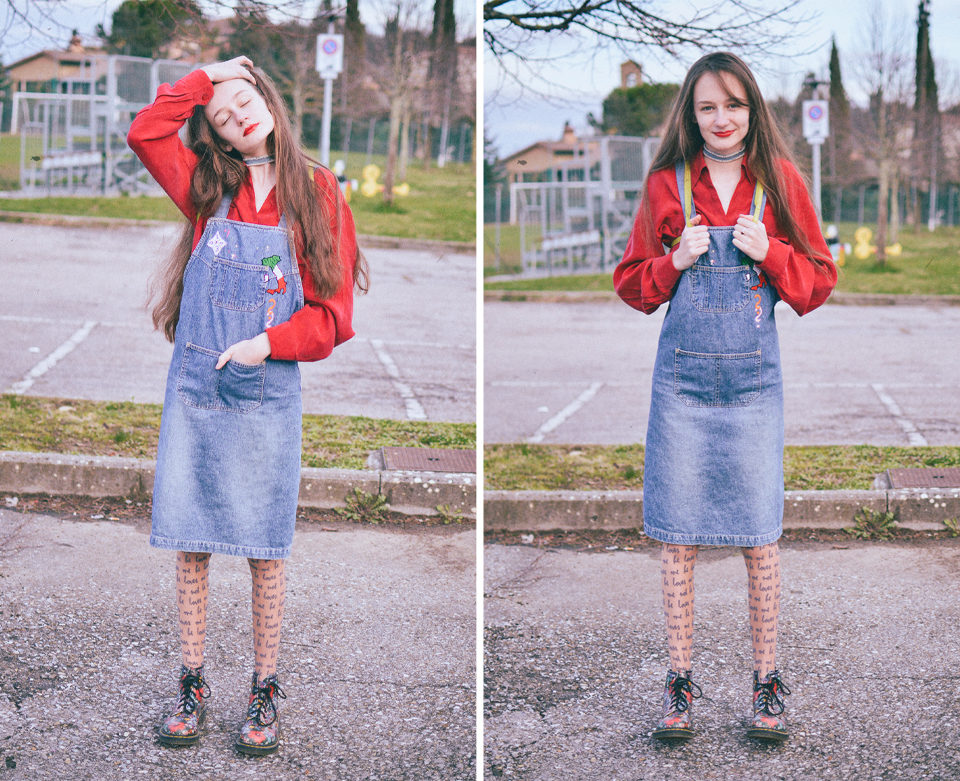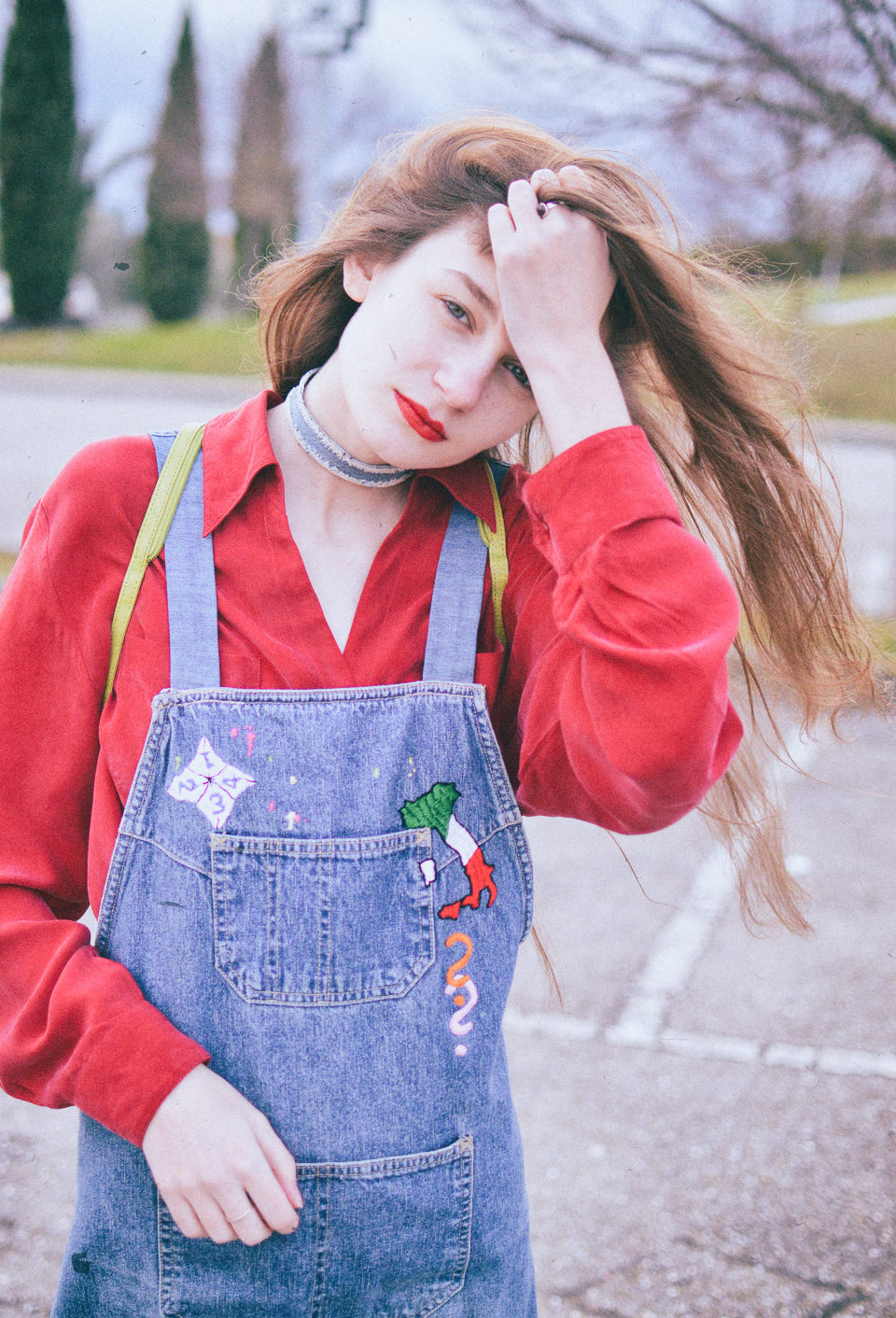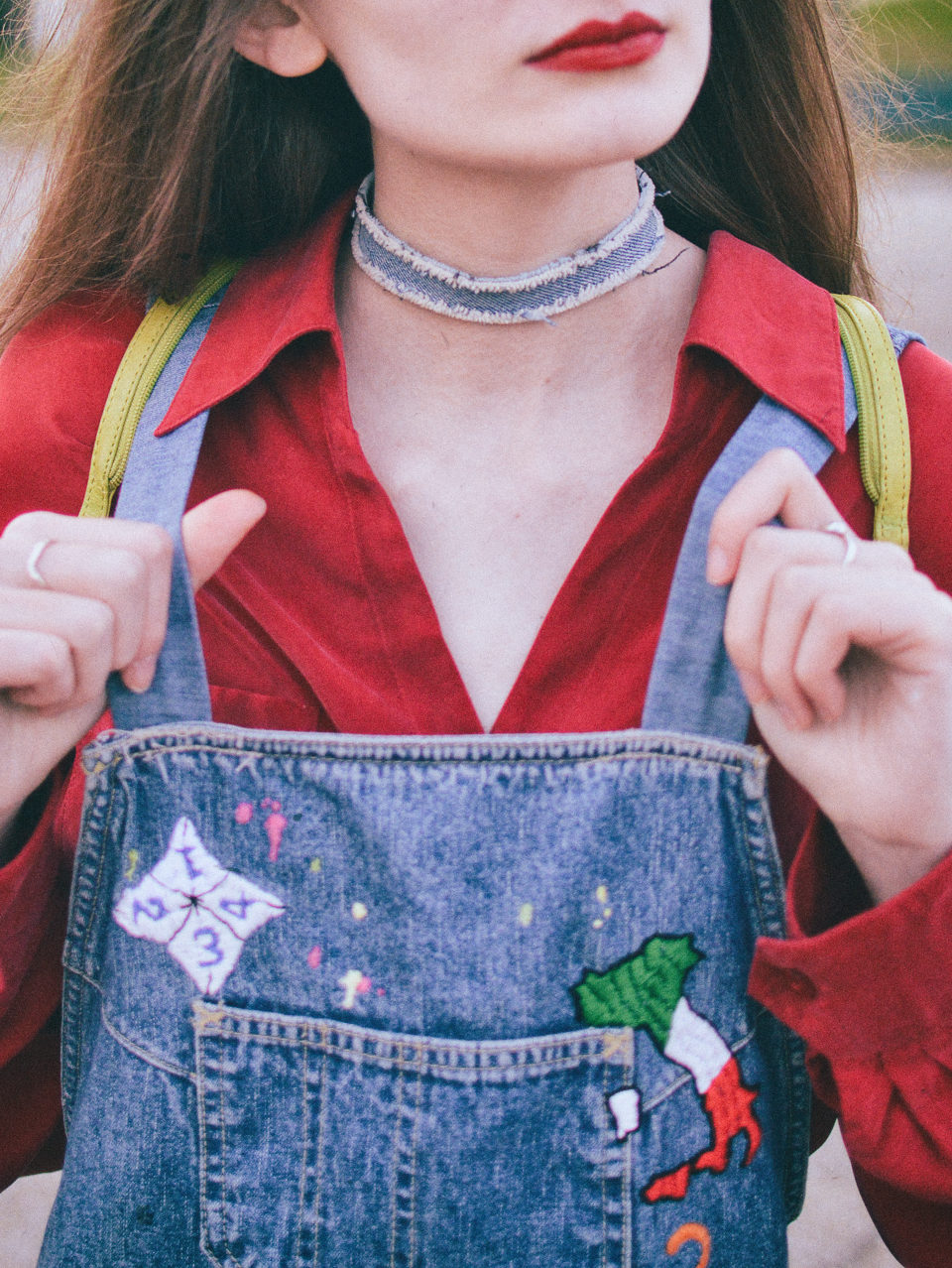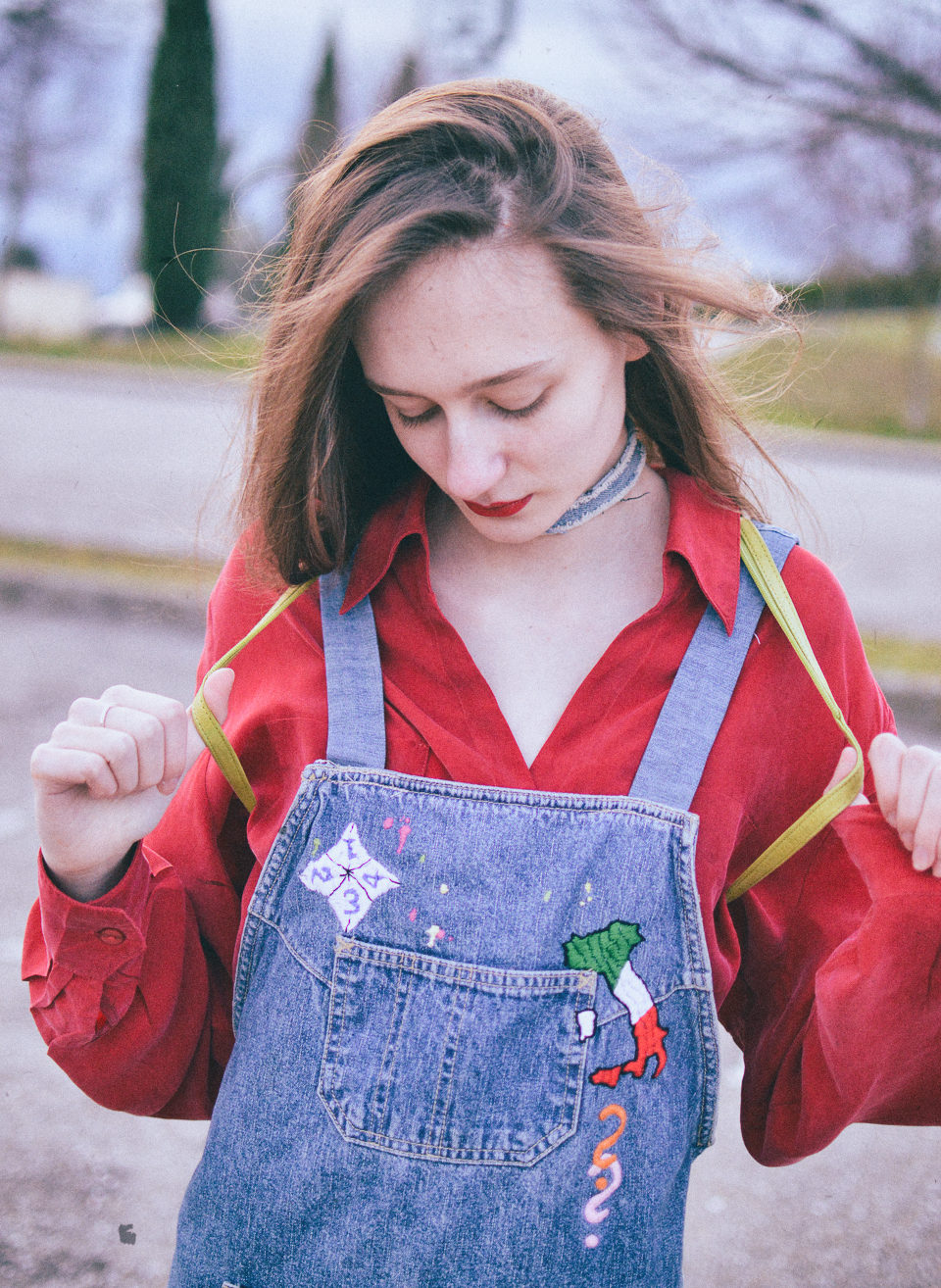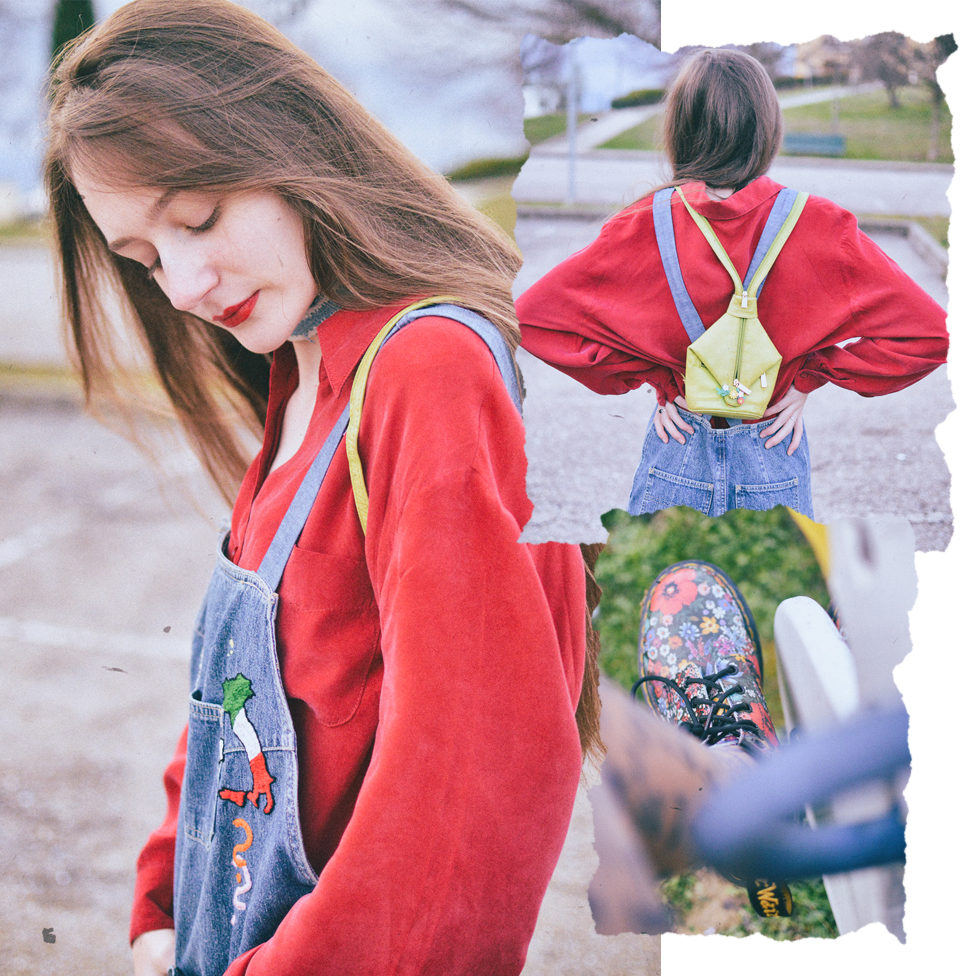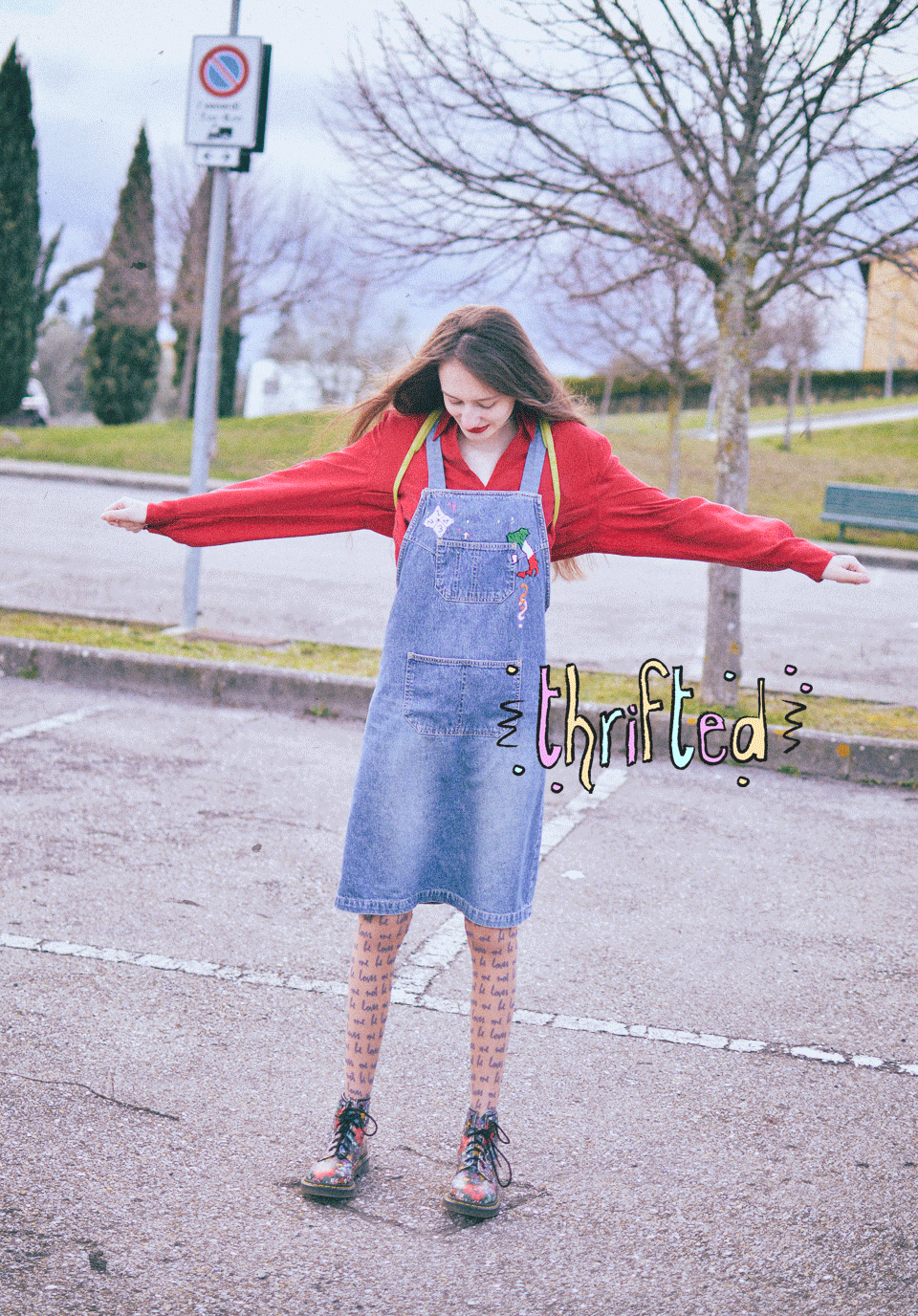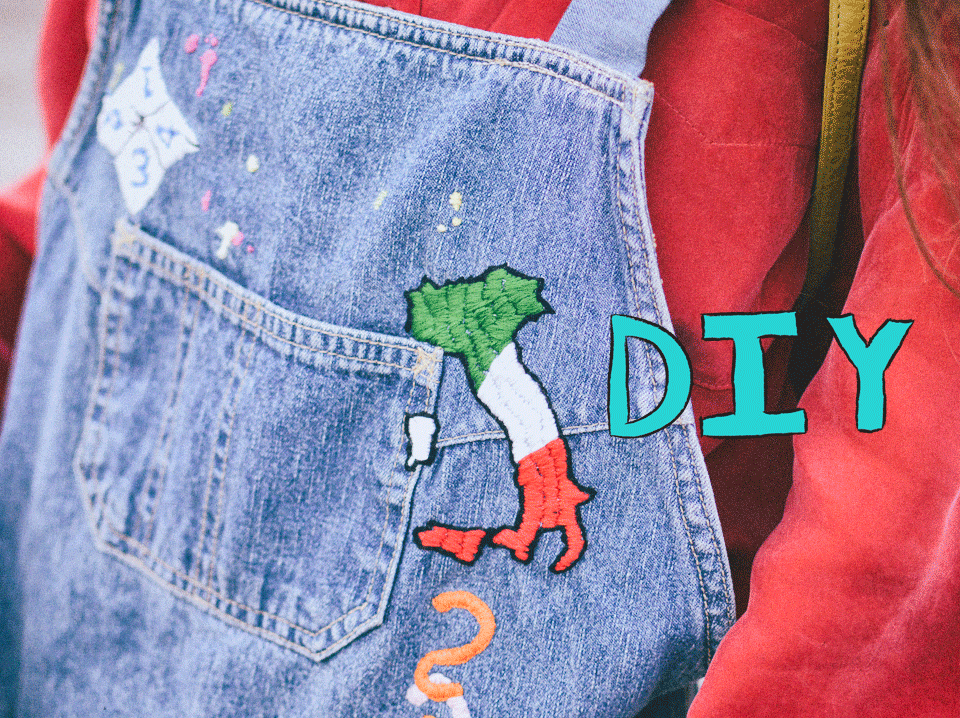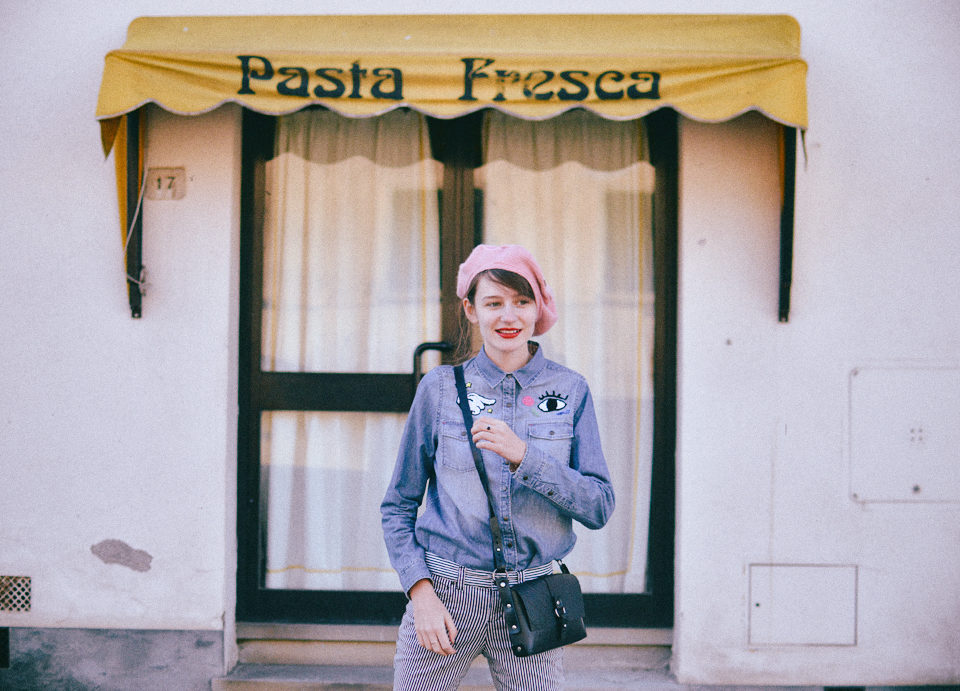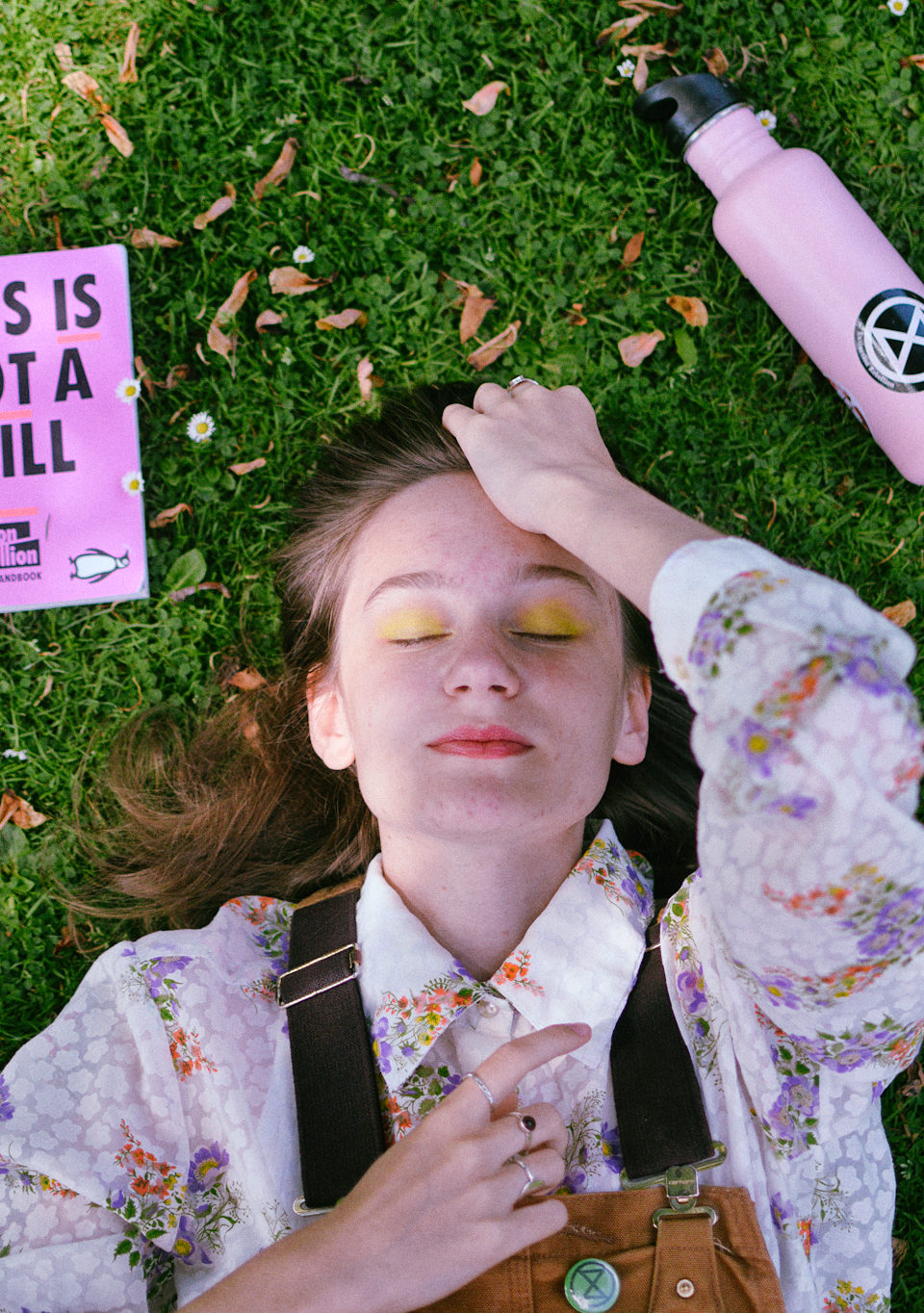
Arctic permafrost is rapidly melting.
France is sweltering in record-breaking heat.
India is suffering from severe droughts and water shortages.
Mozambique is recovering from a devastating cyclone.
The UK is being hit with heaving rain and flooding.
Guadalajara faces 1.5 metres of hail in summertime.
We only have 11 years.
We only have 5 years.
We can’t go above 2 degrees Celsius of warming.
100 companies are responsible for 71% of global emissions.
It’s an Emergency.
So, recycle.
Reuse.
Don’t drive.
Use a reusable bottle.
Avoid single-use plastic.
Shop small.
Shop organic.
Save water.
Go vegan.
Be hopeful.
But it’s hard to be hopeful, right?
On my journey of eco-awareness, I’m currently at the stage of beginning to accept that perhaps, we don’t have 11 years. Maybe, it’s actually too late. Maybe, this is the beginning of the end.
In fact, I’d say ’11 years’ is becoming more of a metaphorical statement. In the academic (and what from what I’m gathering, slightly controversial) paper that gave me the last push to start writing this, ‘Deep Adaptation: A Map for Navigating Climate Tragedy‘ written by Professor Jem Bendell, it states that the IPCC (Intergovernmental Panel on Climate Change) which made this 11 year claim we’re all focusing on, has a history of underestimating the rate of environmental changes, due to how the panel works over long periods of time in conducting reports.
This means that 11 years is likely far too optimistic. Some suggest we should be looking at 5 years, or even less; with things like melting permafrost (a layer of soil that remains frozen for long stretches of time) that risks releasing 3 gigatonnes of methane, with a far stronger effect on climate than CO2, we could face the real effects of the climate crisis in the next decade.
(I’m hesitant to say we most likely will face this. Nothing is certain, of course. If anything, we have that to cling on to.)
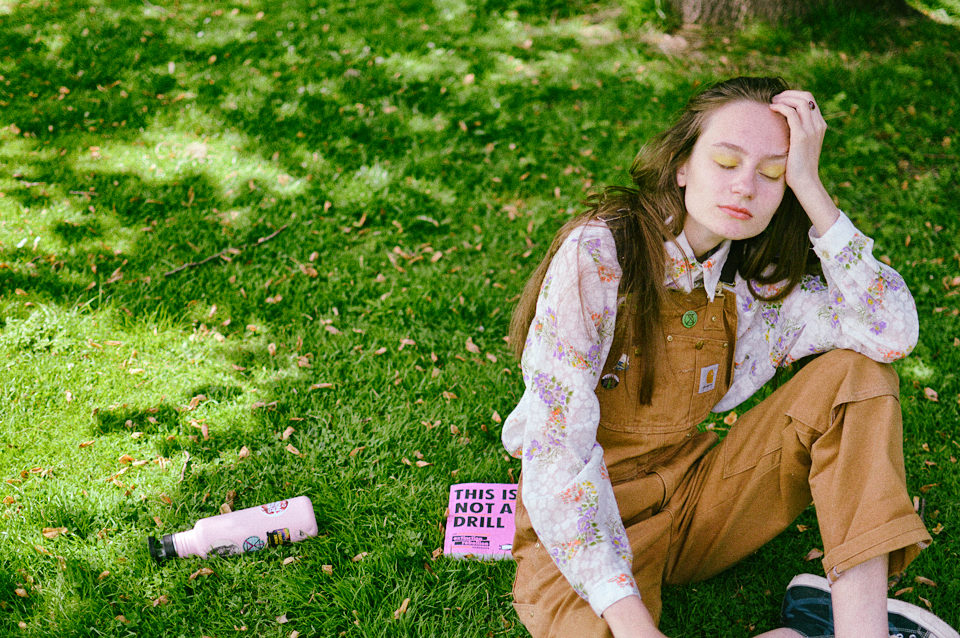
With information like this being fed to us in the palms of our hands on a daily basis (thanks to the privilege of being able to educate ourselves with smartphones and access to the internet), it’s no surprise that ‘eco-anxiety’ is on the rise and papers like that of Professor Bendell’s are now becoming something we have to read with a sense of caution.
Is it healthy for us to constantly be bombarded with news and statistics that suggest that we are currently amidst the world’s Sixth Mass Extinction? Will we read something insightful and educational or will we come away feeling distraught and emotionally exhausted?
It’s only recently that I have reached this point of acceptance and that what I read and learn has become less a tool for inspiring positive change but more a way of coping. Although I don’t want this piece to become pro-one specific solution or example of how to move forward, this shift in how I’m approaching the climate conversation has most certainly derived from my experiences with Extinction Rebellion.
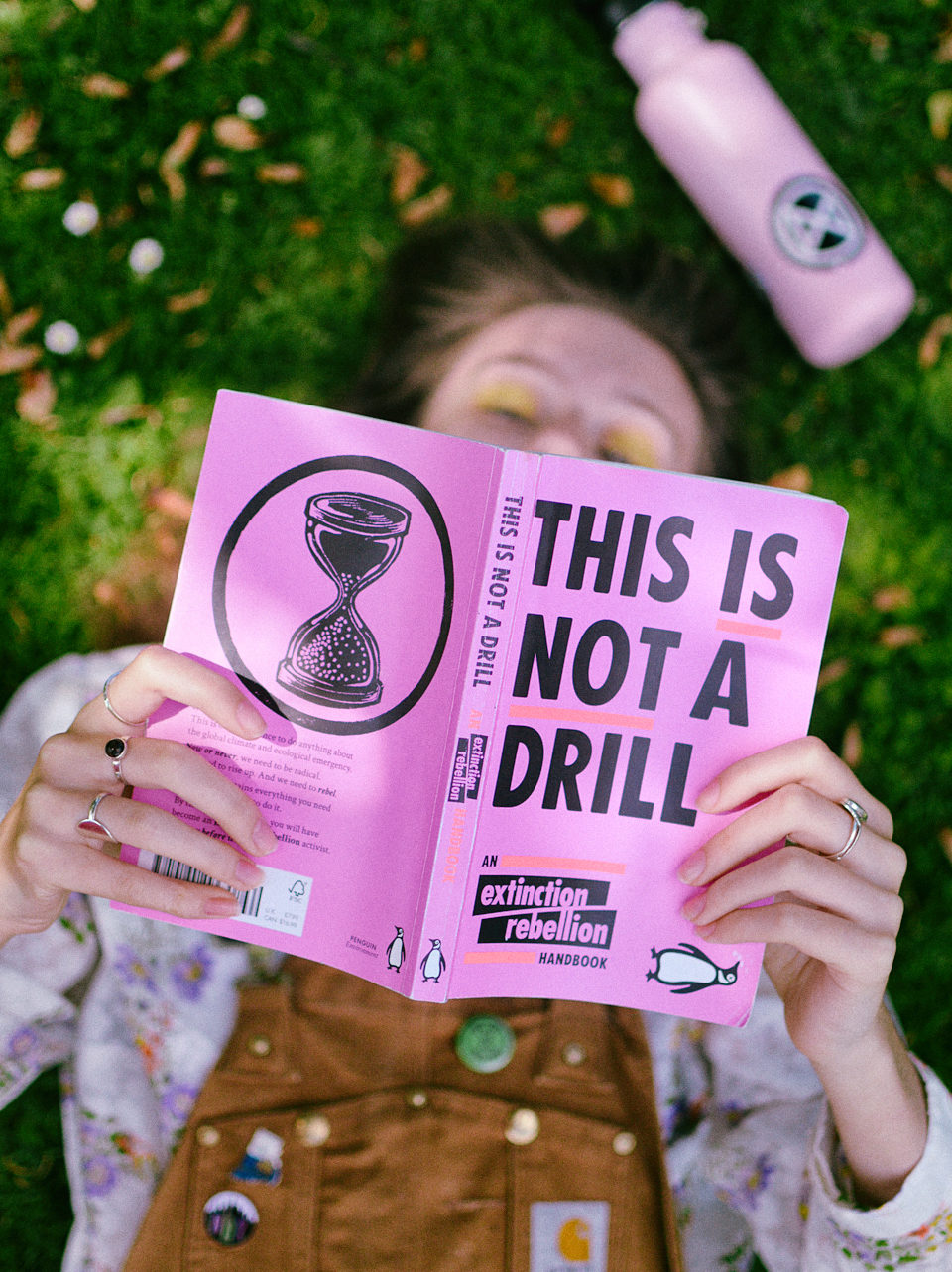
In the Extinction Rebellion handbook, ‘This Is Not A Drill‘, the chapter on ‘Climate Sorrow’ by Susie Orbach (a British psychotherapist), resonated with me greatly.
“What is required of us psychologically to engage with rather than cut off from this knowledge? How can we envision what is happening when it isn’t right in front of us? It’s difficult to imagine one’s own death. How much more impossible to imagine that human activities might mean extinction?”
As much as I talk openly about climate issues (whether they be fashion-related or about Earth, as a whole), I still find it hard to genuinely get a grasp on what it all means. I’m fortunate that living in the UK, the effects of the climate emergency have yet to hit with full force which means I’m not seeing it on my doorstep, yet.
We still see weather over 30 degrees Celsius as a ‘heatwave’. We still see storms as a burst of ‘heavy rain’. This makes it hard for me to imagine what our lives will become and (sometimes) to truly believe in what I’m saying.
But there is enough evidence to now suggest that it is too late; that those heatwaves and the risk of flooding we face are just a glimpse of what’s to come; that when I’m 50 and the UK has supposedly reached its net-zero target (somehow, even though the Government is happy to watch the expansion of Heathrow Airport go ahead and to reject all recommendations that could ensure a more sustainable fashion industry), the world will be changed forever; that the technologically advanced future we’d envisioned with flying cars could become one of starvation and war.
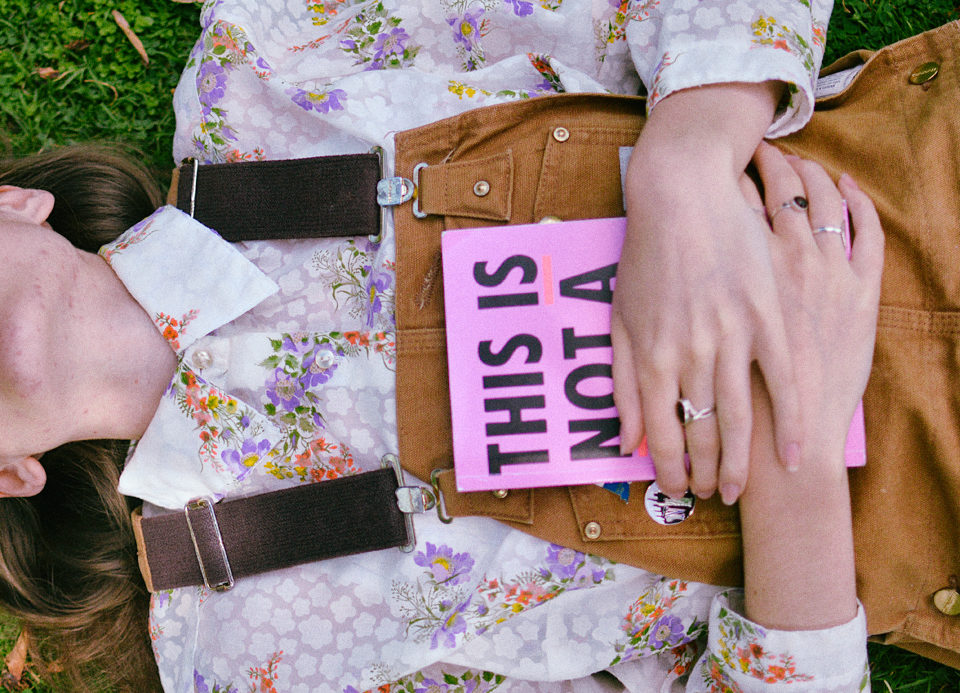
Professor Bendell also wrote in ‘This Is Not A Drill’ and a line that I’ve come back to several times over and that has managed to make me cry on more than one occasion, is this –
“Most of all I now grieve for the young, and the more beautiful world they will never inherit”.
I am coming to terms with this. I am coming to terms with the uncertainty of my future. I am coming to terms with the fact that the uncertainty of my future is no longer about the ‘big life stuff’ (my plans, my career, my hopes, my dreams) but about the uncertainty of our existence and how painful it may become.
I essentially, feel hopeless.
Yet, I’m not giving up. I believe there is a difference. To give up is to look the other way and carry on, business as usual. It is to let those in power, off the hook. To feel hopeless is to accept your feelings and go through the motions of experiencing grief for what we have lost already and for what we will lose in that future of uncertainty. Giving up is letting that hopelessness win.
In line with this, it’s known that when we face a tragic event or overcome trauma, we are often forever changed by what took place. Take my own personal experience – I am the survivor of four major earthquakes that happened in Italy during 2016.
You can read my full account a few days after the initial shock here but essentially, I have lived through seeing my life flash before my eyes. I feared for my life. As I crawled under a table as the earth roared from beneath me, I feared that I would never meet my youngest nephew who had recently been born. I feared so much and then it was over. I was safe.
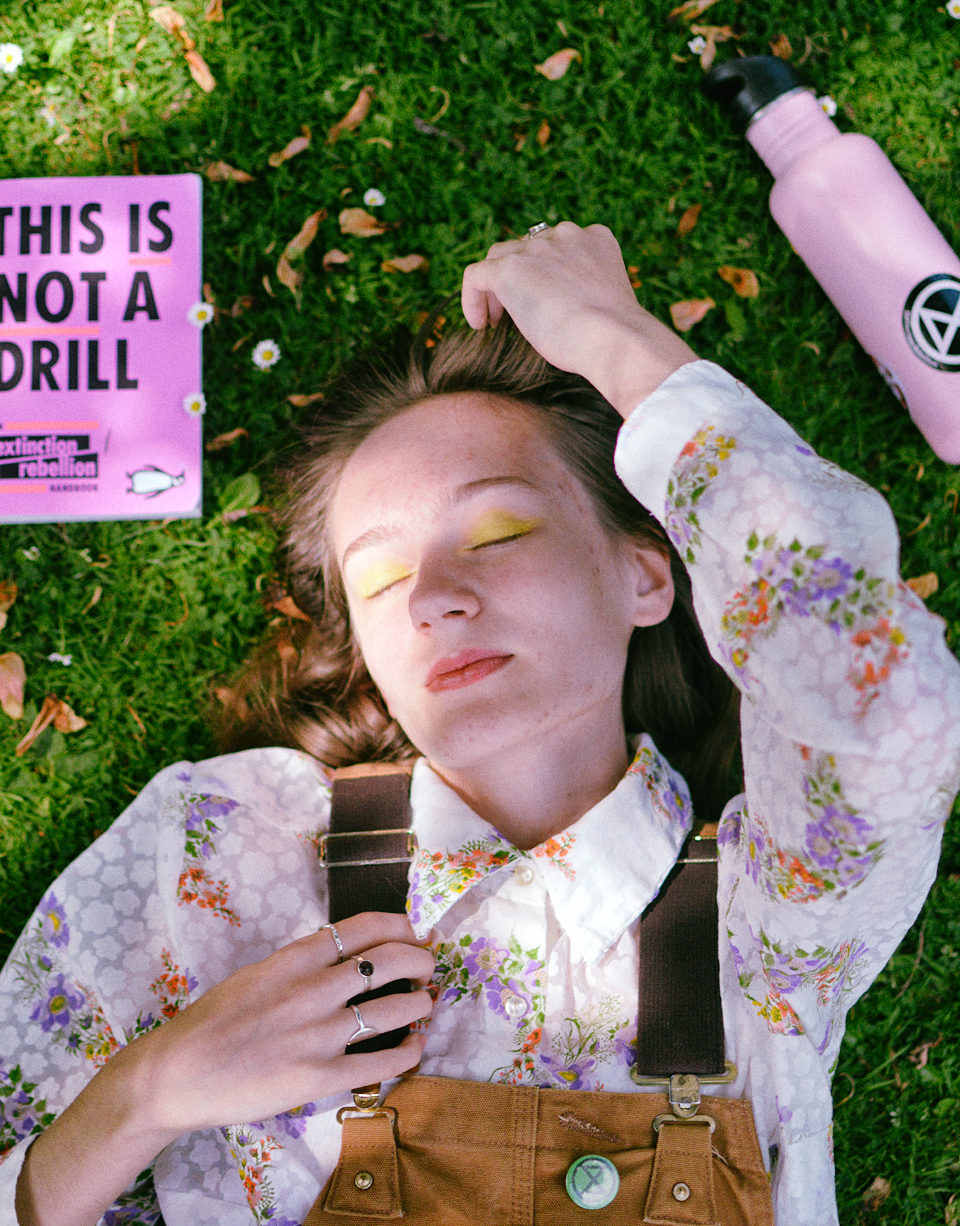
Admittedly, I wasn’t a whole new person when I moved away from that situation (I put this down to being extremely fortunate in that I came away without a scratch) but I remember that feeling of wanting to take on the world with a new sense of ambition. If I could survive that, I could survive anything.
So, it makes me wonder; can we preemptively take on the world with a new sense of purpose, if we can already see the disaster about to happen? You can’t predict an earthquake happening in the dead of night but you can predict that we have a decade to lessen the effects of a climate catastrophe.
Can we use that hopelessness that would usually happen in the midst of an ongoing tragedy, to prepare us? Can we use it to experience the next decade at its fullest potential? Can we start to appreciate the Earth for all that it is, when we know we may lose our place on it?
“Acknowledging our feelings – to ourselves, to one another – makes us more robust. We need to mourn and organize. It should not be one or the other.”
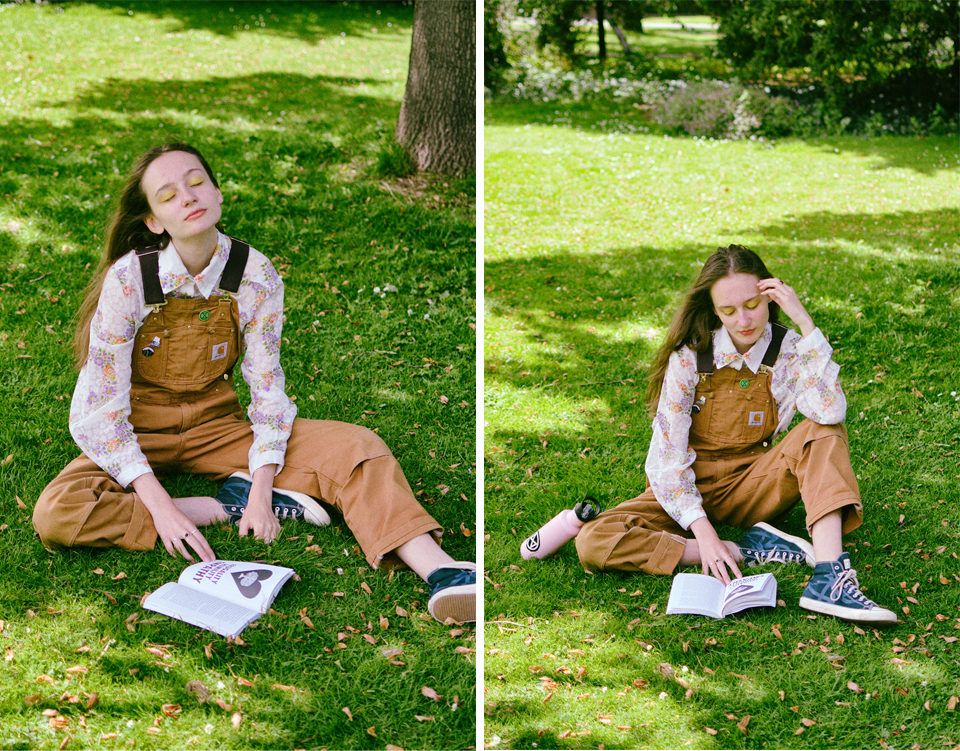
WHAT I WORE: Floral Blouse (Vintage Kilo Sale) // Carhartt Dungarees (Depop) // Butterfly Sneakers (Po-Zu)*
There is power in feeling hopeless because it gives you time to mourn, grieve and then spend your time wisely. How you do that, is up to you. Whether you join a Rebellion; continue to make lifestyle changes that are not only beneficial to the planet that we may leave behind but beneficial to you and your health, or whether you simply keep these conversations going on in your personal circles in order to help others come to terms with climate sorrow and this sense of hopelessness that is all too easy to become overwhelmed by – making the most out of what we have, is one of the best things we can do.
I’ll be on the streets; singing, dancing, holding hands and uniting with others who are all in the same (pink) boat.
After all, if what we’re facing – impending doom, an apocalypse; whatever name you want to give it – is already making us want to give up, why on Earth would we want to make our remaining time on this planet, any more unbearable?
If you are in need of support when it comes to eco-anxiety, activism and anything else related to this topic, there are wellbeing resources available from Extinction Rebellion, as well as XR Coaching and the Good Samaritans Crisis Helpline.







